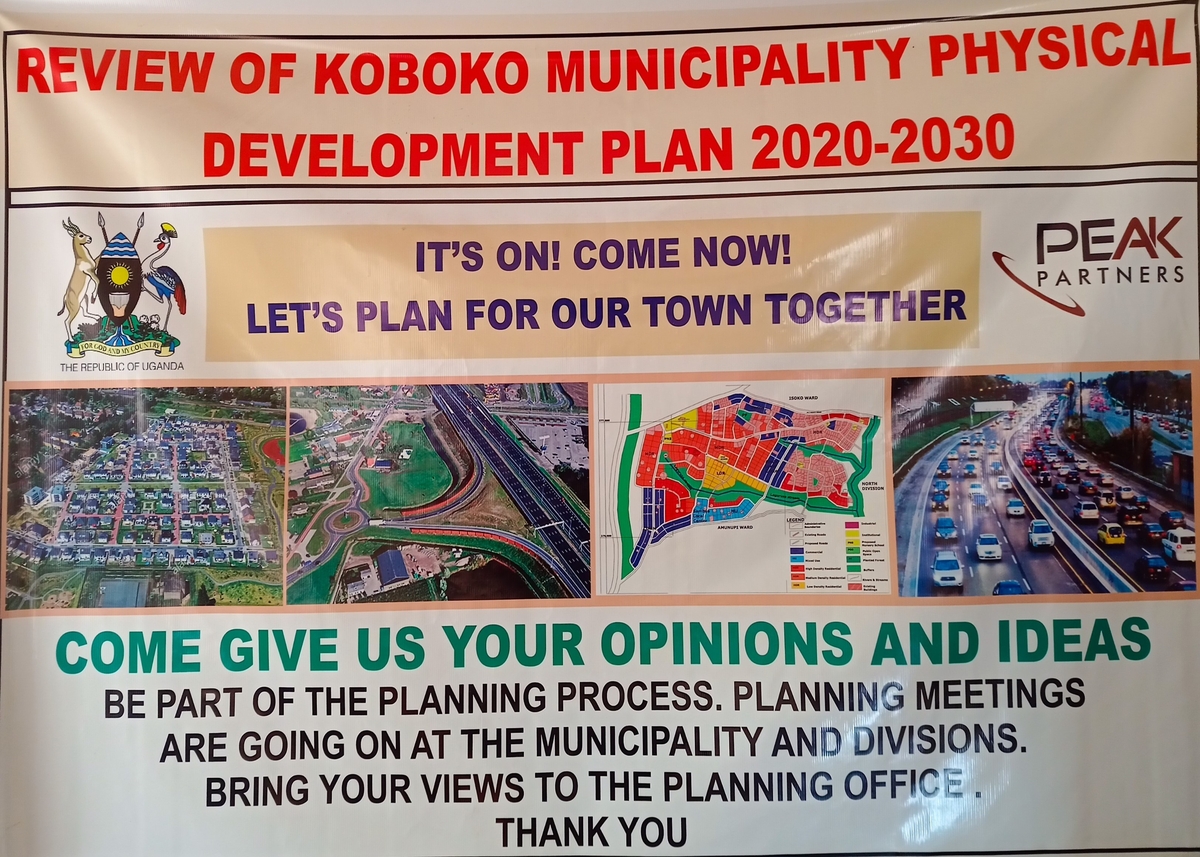Koboko Municipality in Uganda has been recognised with the City and Mobility Award for its inclusive approach to managing migration and integrating refugees.
The award is part of the Comprehensive Refugee Response Framework (CRRF): Inclusive Urban Development and Mobility – Regional Network and Dialogue Action, which is supporting secondary cities in the Horn of Africa to integrate refugees and internally displaced people (IDPs), plan for urbanisation, and improve basic services.
The participating cities are Gabiley and Borama (Somalia), Assosa and Jigjiga (Ethiopia), Arua and Koboko (Uganda), and Kakuma-Kalobeyei (Kenya). The Action is implemented by Cities Alliance and financed by the EU through the European Emergency Trust Fund for Africa (EUTF for Africa).
For the award, the cities voted on which city had inspired them the most over the course of the Action, and Koboko Municipality was the winner.
Like other refugee-hosting towns in the Horn of Africa, Koboko faces the challenge of a rapidly increasing population combined with limited budget allocations from the central government and other resource constraints.
The EU Action provided direct support to Koboko that enabled the city to address important gaps in the health and education sectors as well as physical planning – effectively transforming itself. ACAV provided technical advice to the municipality on project implementation.
What Koboko Municipality has accomplished in two years with the support of the EU, if they were to rely on other funding, would have taken them close to 40‒50 years to accomplish.
Bongo Patrick, Programme Manager for ACAV
Through the Action, Koboko built three new health facilities, including a new trauma healing centre so that people could receive mental health treatment in Koboko instead of travelling to Arua, where the nearest facility was located.

The project also supported the city to expand and build new facilities in 10 primary schools, four secondary schools and a technical institute, including providing toilets, desks, and a science lab in one secondary school. It provided capacity-building training for 240 primary school teachers and skills training for 300 youth.
To boost income-generating opportunities, Koboko built five new, shaded satellite markets that are benefiting 200 vendors, many of them women. 60 women's groups (300 women) received training and support with capital to start a business. There is a huge demand in Koboko for meat, so the city built a modern new abattoir that can accommodate 50 cows.
Throughout, Koboko ensured that both refugees and host communities participated in and benefited from the activities.
Based on its experience, Koboko Municipality identified best practices for refugee integration:
- Involving refugees in the planning process right from the start at the cell, ward, division and municipal levels.
- Ensuring that refugees and host communities have equal access to basic social services such as education and health care.
- Integrating refugees into school management committees, parent-teacher associations, and governance bodies.
- Inserting a special provision in municipal contracts with contractors to include refugees in their workforce.
- Providing inclusive access to economic opportunities such as markets, income-generating activities, and saving groups.
- Recognising that intermarriage and cultural galas promote integration and peaceful coexistence.

Data has been key to Koboko’s success. When refugees started coming to Koboko, there was a lot of pressure on resources, such as schools, healthcare, markets, and water points. The city decided it needed data on how many people were in the city and how they were using resources. With that data, Koboko has been able to lobby and advocate for extra funding to support refugees – such as through the Action.
The municipality has used that data to develop short- and long-term strategic plans to ensure that all residents benefit from opportunities, including three municipal annual plans and budgets, a five-year Municipal Development Plan, and a 20-year Comprehensive Physical Development Plan.
By 2040 Koboko will most likely be a city not because of politics, but because of planning.
Dr Sanya Wilson, Mayor of Koboko


